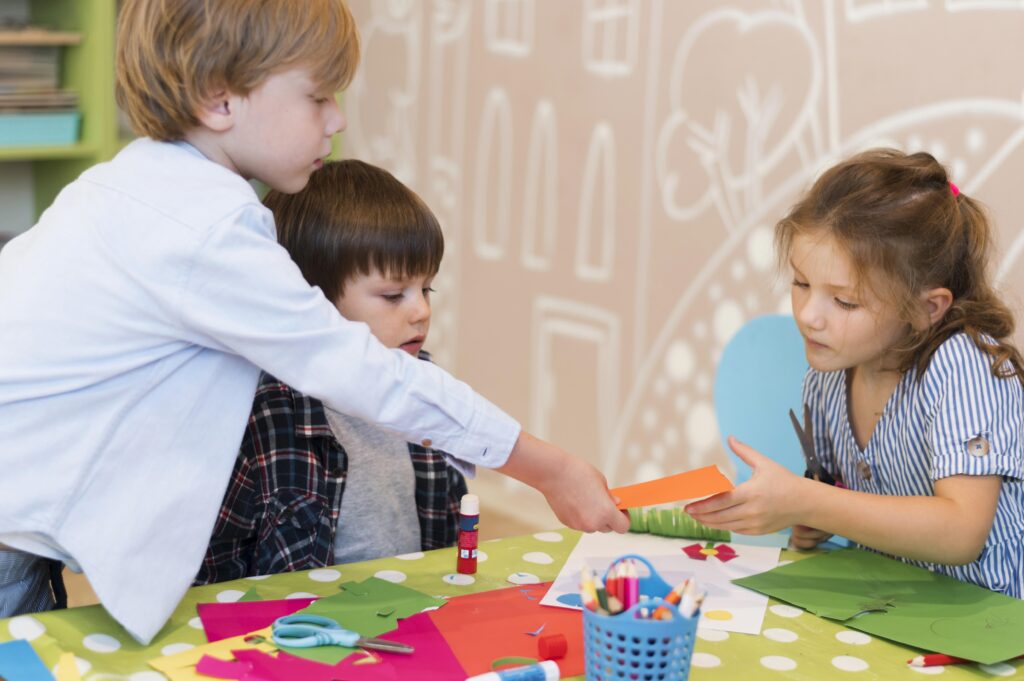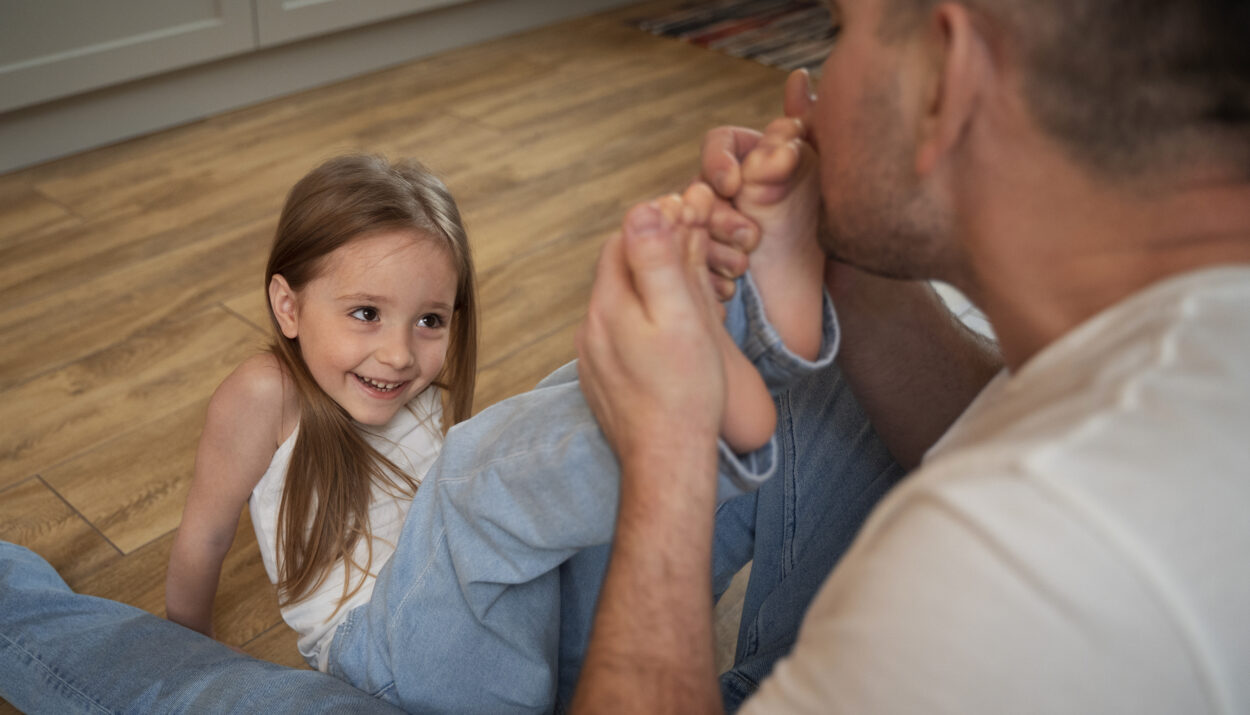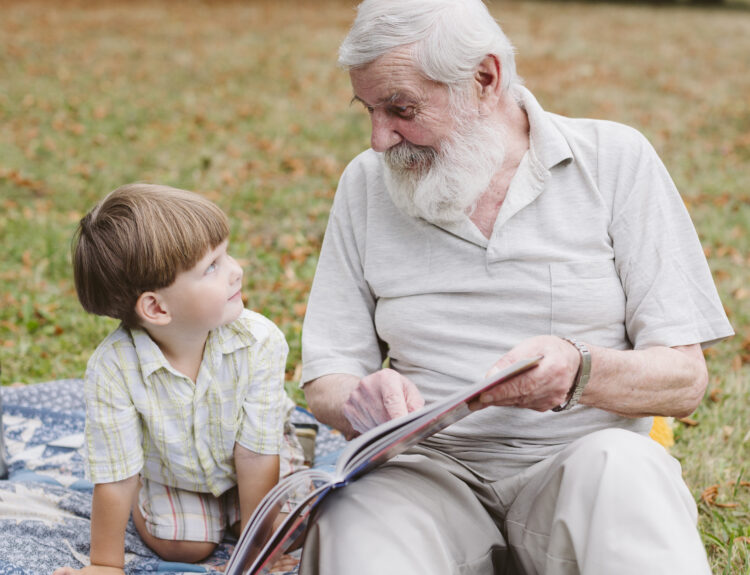Disciplining a child from an early age is vital for their behavioral and emotional development and helps set the foundation for a healthy individual. It’s not just about correcting their behavior; it’s also about teaching important values, fostering the sense of self-discipline, and in the process building a strong parent-child relationship. Here’s some advice to cultivate discipline in a positive way.
Understand the Purpose
Always keep in mins that discipline is not punishment; it’s a teaching method. Approach it with the mindset that your goal is to guide your child, toward understanding appropriate behavior and making better choices.
Communicate Boundaries
From an early age, clearly articulate your expectations to the kids. Use simple language and also visuals if necessary. For example, a chart with pictures that illustrate some of the rules like “no throwing” / “no hitting” / “no pushing” / “sharing toys” / “washing hands” / “waiting for your turn”

Establish Routines
Children thrive on consistency. Stick to your rules and consequences, so that your child knows what to expect. Consistency fosters a sense of security and helps children understand the connection between actions and their outcomes.
Celebrate Good Behavior
Acknowledge and praise your child when they follow rules or demonstrate positive behavior. This encourages them to repeat those actions. For instance, a simple “I’m proud of you for sharing your toys!” or ” You did a great job cleaning the mess!” can go a long way. But don’t overdo it, so that for every small good deed they except an appreciation and get demotivated if they don’t receive it.
Model the Behavior You Want to See
Children learn by observing their parents. Demonstrate the behaviors you want to instill in them through your own actions. Such as respect, patience, and empathy. For example, Speak mindfully in front of them, they mirror what you say and how you say it. This not only teaches them but also strengthens the bond between you and your child.

Teach Through Experience
Allow your child to experience the natural consequences of their actions (when safe to do so). For example, if they refuse to wear a jacket on a chilly day, they’ll feel cold. This helps them learn responsibility and the importance of their choices.
Control Your Emotions
When you are addressing a misbehavior, remain calm. A composed response teaches your child how to manage their emotions and sets a tone of respect. If you find yourself getting upset, take a deep breath before responding.
Engage in Discussions
After a disciplinary moment, talk with your child about what happened and what was not right. Ask questions like, “What could you have done differently?” This encourages critical thinking and empowers them to make better choices in the future.
Strategic Time-Outs
If your child’s behavior escalates, instead of using harsh punishments, create a calm-down corner where your child can go to relax and think about their actions for a brief time-out. Make sure they stay there for a while. Ensure it’s a safe, quiet space where they can gather their thoughts.

Encourage Communication
Foster a friendly environment where your child feels comfortable discussing their feelings and actions with you. Regular check-ins about their day can help you keep informed, help your child express themselves and prevent behavioral issues from escalating.
Disciplining is an ongoing journey. It’s a learning curve for the parent as well. We teach our child about boundaries and responsibility and also nurture their emotional and social development. Our goal is to raise confident, respectful individuals. But every child is unique. So, be ready to adapt and you’ll pave the way for a positive parent-child relationship.
If still struggling with discipline, don’t hesitate to seek advice from pediatricians or child psychologists for tailored strategies.
Read more about parenting here
Related read:










